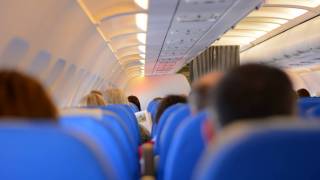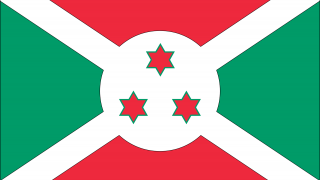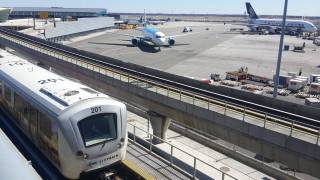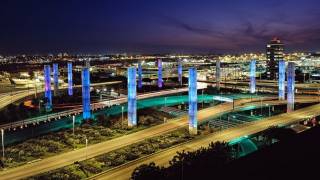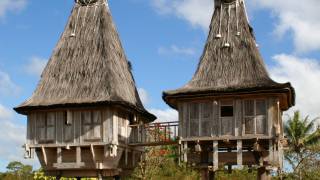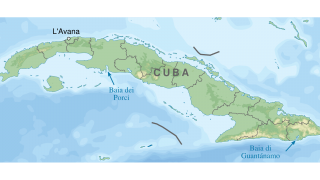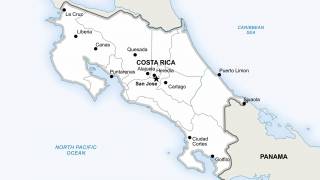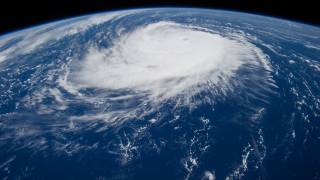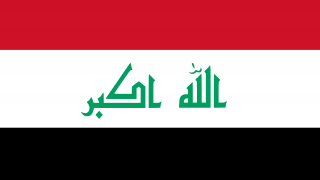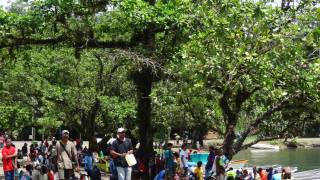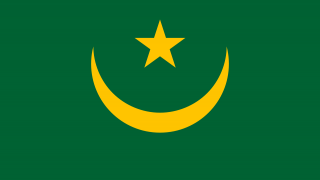Bolivia’s Travel Advisory Includes Level 3 Warning

The U.S. Department of State’s Travel Advisory for the Plurinational State of Bolivia has been expanded to include Level 3, Reconsider Travel notices.
As of November 1, 2019, the State Department says the Santa Cruz and Cochabamba metropolitan areas are reporting an ‘increased incidence of civil unrest.’
Furthermore, demonstrations in these areas may constrain travel on highways between cities and access to airports. This is important news since domestic and international flights have recently been delayed or canceled.
Previous Canadian and UK travel advisories have also been updated with similar warnings, such as ‘There is a risk of ‘express kidnappings’.
‘Take care when traveling around Bolivia, particularly when you first arrive. If you take a taxi, use a registered company.’
The UK's Foreign and Commonwealth Office advise against all, but essential travel to:
- Oruru department
- Potosi Department, except Uyuni
- Chuquisaca department
- Cochabamba department
Additionally, the North Yungas road (from La Paz toward Coroico and Caranavi) has earned the dubious designation of ‘The World’s Most Dangerous Road,’ with weekly reports involving buses.
And, if you’re arriving by air into El Alto airport, confirm with the authorities on arrival that ground transport is functioning normally before leaving the terminal, says the UK.
This is important news since about 900 thousand tourists visit Bolivia annually.
Bolivia is located at 3,000m in elevation in central South America, with a varied terrain spanning the Andes Mountains, the Atacama Desert, and the Amazon Basin rainforest.
If you decide to travel to Bolivia, the U.S. State Department suggests:
- Limit your plans for travel, plan for alternate travel routes, and avoid demonstration areas.
- Shelter in place if in the vicinity of large gatherings or protests.
- Contact your airline or travel agent prior to travel.
- Enroll in the Smart Traveler Enrollment Program (STEP) to receive Alerts and make it easier to locate you in an emergency.
- U.S. citizens who travel abroad should always have a contingency plan for emergency situations, such as this Traveler’s Checklist.
- The U.S. Embassy La Paz is located at Avenida Arce 2780, La Paz, Bolivia, +(591) (2) 216-8000.
If you need urgent consular assistance from the British Embassy La Paz on (591 2) 2433424. The British Embassy’s ability to travel to deliver consular services is very limited at this time.
From a health perspective, UK health authorities have classified Bolivia as having a risk of Zika virus transmission. This means pregnant women are discouraged from visiting Bolivia.
Additionally, the U.S. Centers for Disease Control and Prevention (CDC) suggested on June 18, 2019, that visitors to Bolivia are current with certain vaccines, such as Routine Vaccines and the measles-mumps-rubella (MMR), Hepatitis A and Typhoid vaccinations.
And, the Ministry of Health of Bolivia states that all travelers visiting yellow fever risk areas must carry proof of yellow fever vaccination.
The CDC suggests the Stamaril Yellow Fever vaccine for all travelers older than 9 months of age, visiting areas less than 7,546 feet in elevation.
Pre-departure vaccination services, related travel medications, and counseling appointments can be scheduled with a local pharmacy by visiting Vax-Before-Travel. Vaccine financial support programs can be found at Vaccine Discounts.
The CDC says ‘any vaccine can cause a side effect, which should be reported to a healthcare provider asap.’
Bolivia travel news is published by Vax-Before-Travel.
Our Trust Standards: Medical Advisory Committee







